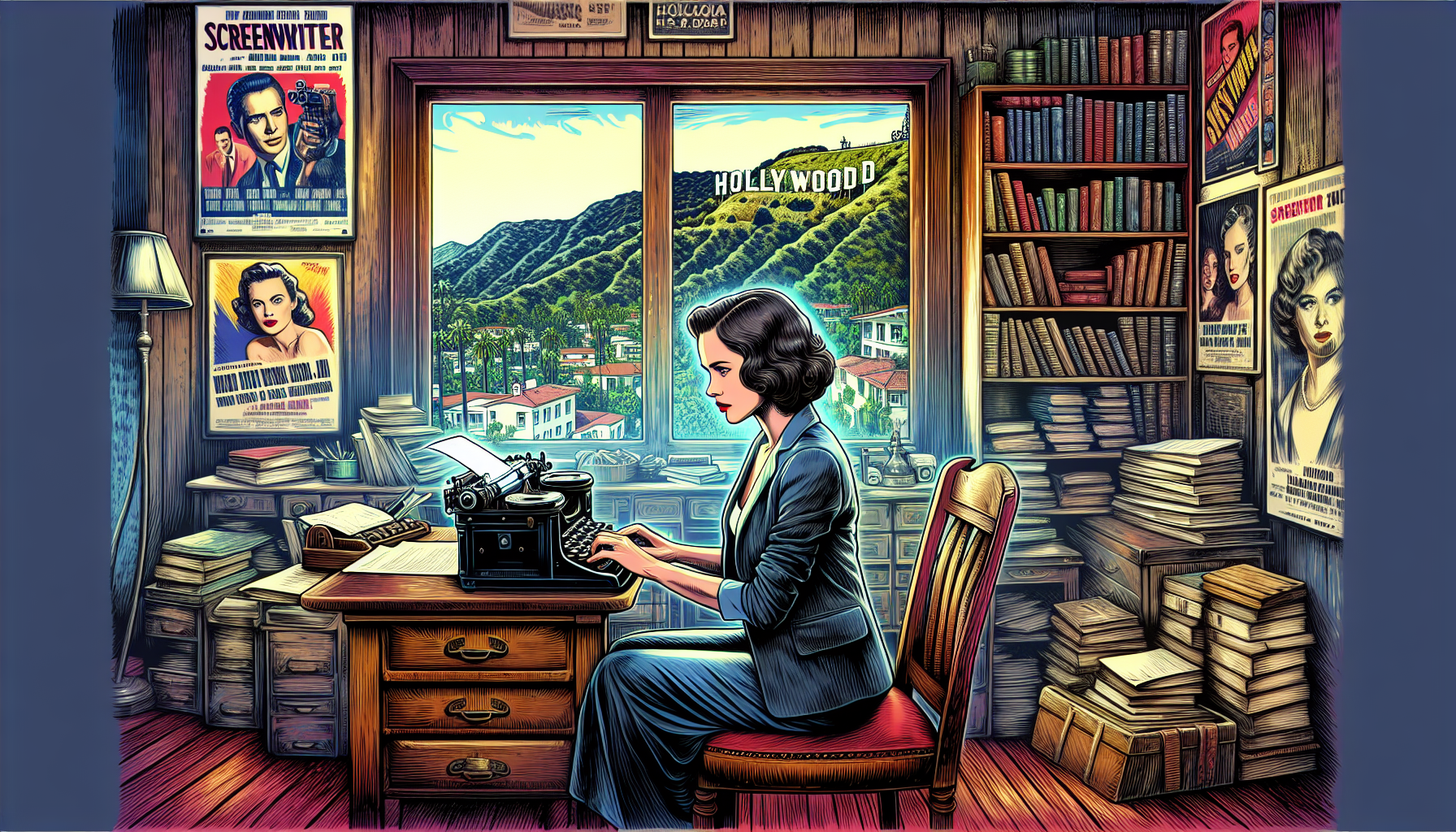
Unwrapping the Mystery: The Screenwriter Behind Kimi
Ever watched a movie and found yourself Googling “Who wrote this genius?” faster than you can pop another kernel of popcorn? Well, if you’ve seen Kimi, there’s a good chance you’ve been there, done that, and are currently sporting the proverbial T-shirt. The brain behind the screenplay of Kimi is none other than David Koepp, a name that might not immediately cause a crowd to stampede for autographs, but one that deserves a parade thrown in its honor, complete with confetti and a marching band.
David Koepp: Not Your Average Keyboard Warrior
David Koepp isn’t exactly a new kid on the block. This seasoned screenwriter has been crafting compelling narratives since most of us were in short pants. With a filmography that includes blockbusters like Jurassic Park, Mission: Impossible, and Spider-Man, Koepp has more than proven his chops in the high-stakes poker game of Hollywood screenwriting. His scripts don’t just tell stories; they grab audiences by the eyeballs and refuse to let go.
So, when Steven Soderbergh, the director with more twists than a Chubby Checker impersonation contest, decided to team up with Koepp for Kimi, it was like watching the dream team of film make a fast break to the hoop. Sparks were guaranteed, and expectations? Sky-high.
Kimi: A Quick Recap
Kimi is essentially what happens when you toss elements of classic thrillers into a blender and add a dash of modern tech paranoia. The plot revolves around an agoraphobic tech worker who stumbles across a crime recording in a data stream and is subsequently thrust into a nail-biting nightmare that makes normal troubleshooting look like a walk in the park. It’s contemporary, it’s clever, and yes, it’ll make you side-eye your smart devices for weeks.
How Koepp Cooks Up a Screenplay
David Koepp’s approach to screenwriting is a bit like watching a Michelin-starred chef at work: there’s technique, there’s flair, and there’s a soupçon of mystery. For Kimi, Koepp melded the old with the new, spinning the timeless theme of individual against the machine with fresh, tech-savvy anxiety that resonates in a world where our fridges can remind us we’re out of milk.
What makes Koepp’s writing stand out in Kimi is his knack for pacing. The story doesn’t just evolve; it sprints from zero to sixty faster than you can say “remote control”. With a blend of sharp dialogue, crisp scenes, and characters that feel as real as your Uber driver last Friday night, Koepp keeps viewers hooked like it’s the season finale of their favorite series.
Thinking Outside the Box (Office)
Part of what makes David Koepp such a weapon in the screenwriting arena is his fearless plotting. While lesser mortals might shake in their custom-screenprinted Writer socks at the thought of blending cutting-edge tech issues with psychological drama, Koepp charges in, keyboard blazing. Kimi isn’t just a script—it’s a statement. And it’s as timely as it is riveting.
In an era where Hollywood often seems as obsessed with franchises and reboots as a cat with a laser pointer, Koepp’s work on Kimi reminds us that original storytelling, like classic style and the perfect slice of pizza, never goes out of fashion. It just evolves.
So, next time you hit play on Kimi, tip your hat (or popcorn bowl) to David Koepp. The man doesn’t just write movies; he gives us a reason to stay glued to our screens, questioning the safety of our own digital footprints, long after the credits roll.






